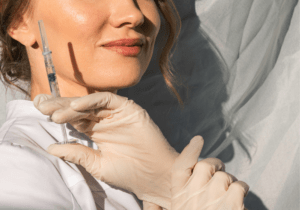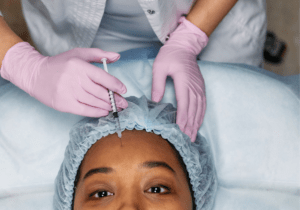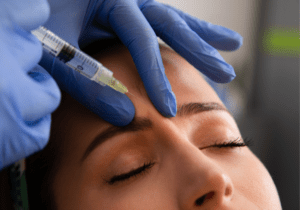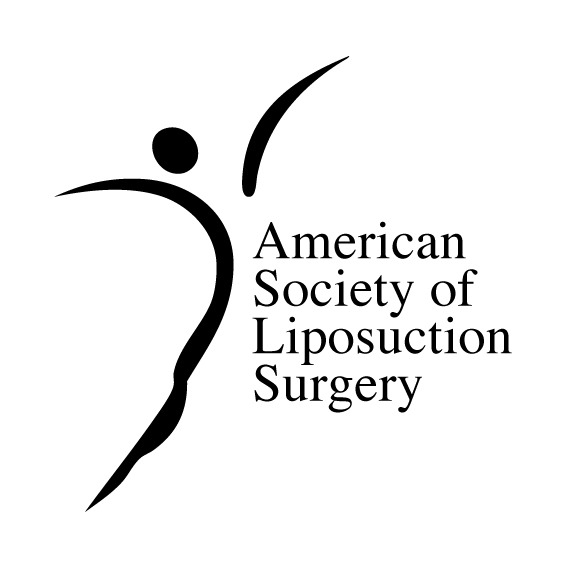Seeking safe and effective skin lightening treatments for black skin in Maryland can be daunting, considering the myriad options available.
With the right information, however, you can make informed decisions that prioritize your skin’s health and achieve desired results.
This comprehensive guide delves into various treatments, their safety, efficacy, and answers some of the most frequently asked questions on the topic.
What Is Skin Lightening?
Skin lightening, also known as skin bleaching, involves using products or procedures to reduce melanin concentration in the skin. Melanin is responsible for the skin’s pigmentation, and various factors such as genetics, sun exposure, and hormonal changes can influence its production.
While the primary goal for some individuals is to lighten dark spots or hyperpigmentation caused by acne, scars, or sun damage, others may seek an overall lighter complexion.
That said, it is crucial to approach skin lightening with caution, particularly for black skin, to avoid adverse effects and ensure the treatments are safe and effective.
Safe and Effective Skin Lightening Treatment for Black Skin in Maryland
1. Topical Treatments
Hydroquinone
When it comes to skin lightening for black skin in Maryland, hydroquinone is one of the most commonly used agents. It works by inhibiting the enzyme tyrosinase, which is essential for melanin production.
For black skin, it is advisable to use hydroquinone under professional guidance to prevent potential side effects such as ochronosis (a condition that causes blue-black pigmentation).
Retinoids
Retinoids, derived from vitamin A, accelerate cell turnover, which helps reduce hyperpigmentation. Products containing tretinoin, retinol, or adapalene can be effective for black skin when used correctly.
However, they can cause irritation if not introduced gradually.
Vitamin C
Vitamin C is a powerful antioxidant that can inhibit melanin production and brighten the skin. It is suitable for all skin types, including black skin, and offers added benefits such as protection against UV damage and boosting collagen production.
Kojic Acid
Kojic acid, derived from fungi, is another effective skin-lightening agent. It works by blocking tyrosinase activity, similar to hydroquinone. It is gentle on the skin and can be used alongside other treatments for enhanced results.
2. Chemical Peels
Chemical peels involve applying a chemical solution to the skin to exfoliate the top layers and promote new cell growth.
For black skin, mild peels such as glycolic acid or lactic acid are recommended to minimize the risk of hyperpigmentation or scarring. Moreover, it is crucial to have peels administered by a dermatologist experienced in treating darker skin tones.
3. Laser Treatments
Laser treatments are another excellent option for skin lightening for black skin in Maryland. They work by targeting specific areas of hyperpigmentation and promote an even skin tone.
Q-switched Nd:YAG lasers are considered safe for black skin, as they effectively break down melanin without causing significant damage to surrounding tissues.
Consulting with a qualified dermatologist is essential to determine the appropriate laser treatment and settings.
4. Microneedling
Microneedling involves using fine needles to create micro-injuries in the skin, stimulating collagen production and enhancing the absorption of topical treatments.
When combined with skin-lightening agents, microneedling can improve the appearance of dark spots and uneven skin tone.
Frequently Asked Questions (FAQs)
1. Are Skin Lightening Treatments Safe for Black Skin?
Like many people, you may be wondering about the safety of skin lightening for black skin in Maryland.
The answer to this frequently asked question is yes skin lightening treatments can be safe for black skin when chosen and administered correctly. That’s why it’s essential to consult with a dermatologist who has experience treating darker skin tones to ensure the treatments are safe and effective.
2. How Long Does It Take to See Results?
The time it takes to see results varies depending on the treatment and individual skin characteristics. Topical treatments might take several weeks to months, while procedures like chemical peels and laser treatments may show results more quickly.
Consistency and patience are key.
3. Can Skin Lightening Treatments Cause Side Effects?
Some skin lightening treatments can cause side effects, especially if not used correctly. Potential side effects include irritation, redness, or even worsening hyperpigmentation. To minimize risks, follow professional recommendations and avoid overuse.
4. Are There Natural Alternatives for Skin Lightening?
Yes, several natural ingredients can help lighten the skin and reduce hyperpigmentation. These include aloe vera, licorice extract, turmeric, and papaya.
While they may not be as potent as clinical treatments, they can be safer options for those with sensitive skin.
5. Can I Use Multiple Skin Lightening Treatments Simultaneously?
Combining treatments can enhance results, but it is essential to do so under the guidance of a dermatologist. Some combinations may cause irritation or adverse effects if not managed correctly.
The Takeaway
Embarking on a journey of skin lightening for black skin in Maryland requires careful consideration and a commitment to safety.
With the right approach, it is possible to achieve a more even skin tone while prioritizing the health of your skin. By understanding the various options available and how they work, you can make informed decisions and achieve your desired results with confidence.
Whether you opt for topical treatments, procedures, or natural alternatives, the key is to approach skin lightening with patience and care.
Learn More About Our Skin Lightening Treatments!
Want additional information about our skin lightening treatments for black skin? If so, please call our office today to schedule a consultation with one of our top-notch specialists!







